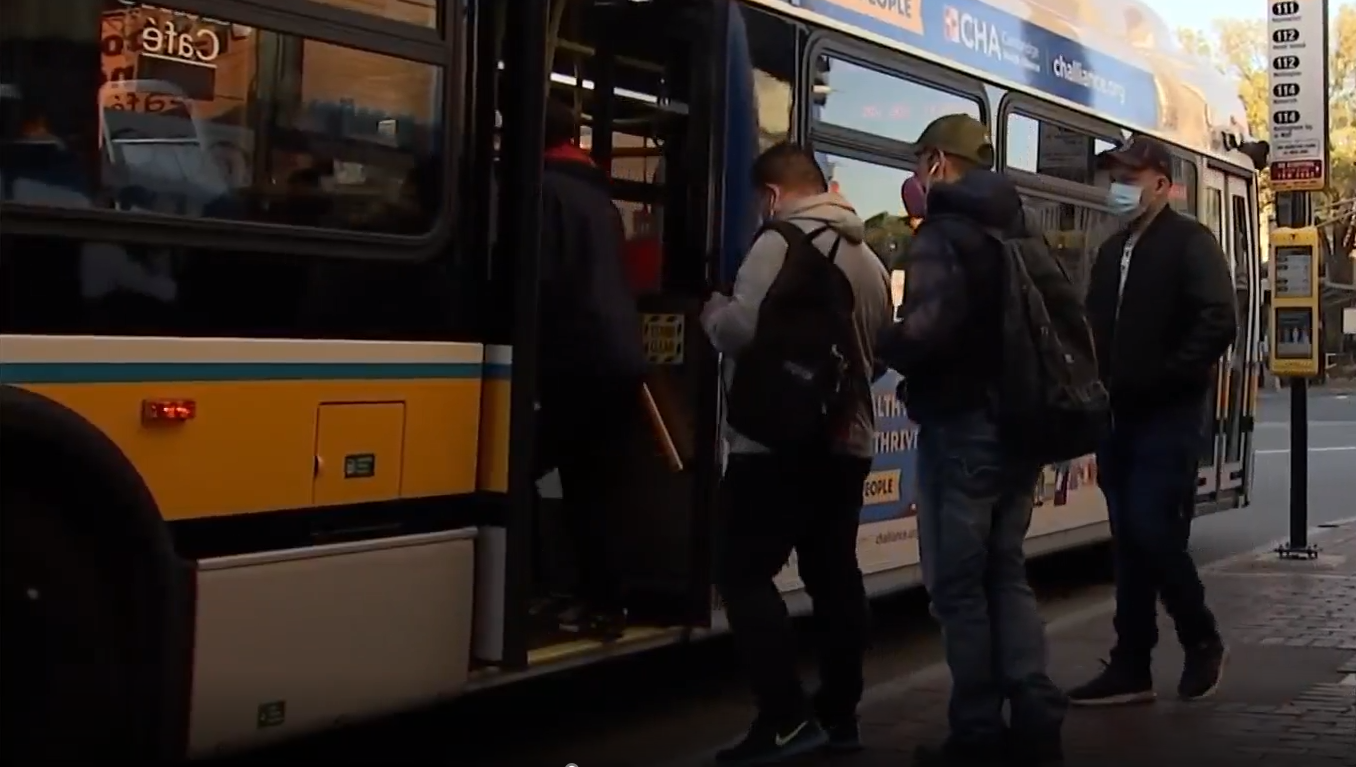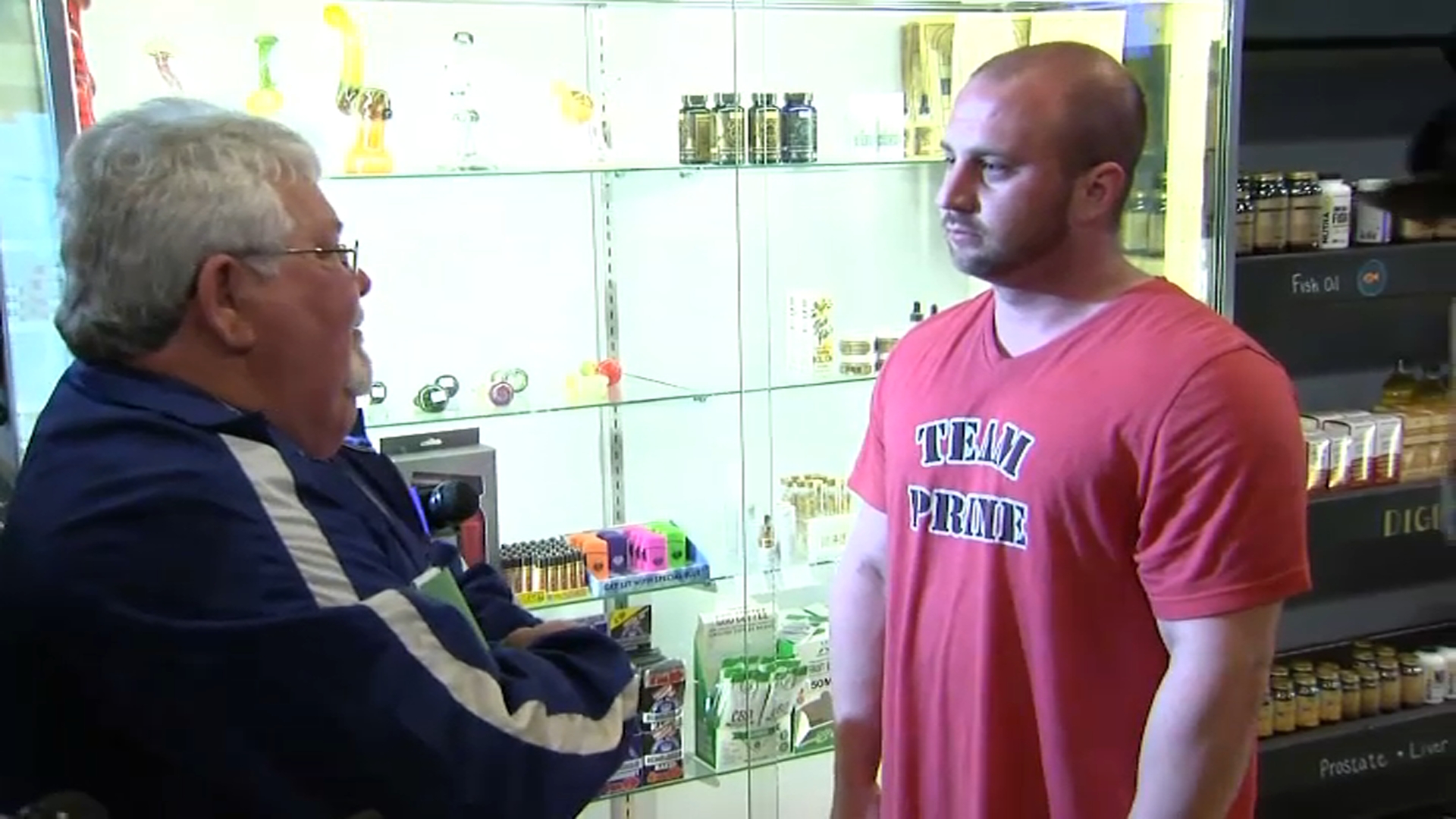It's been more than two weeks since large protests began in Boston in the wake of George Floyd's death.
Huge crowds of people in close proximity have raised concerns about a potential spike in coronavirus cases. But so far, that has not happened.
"We continue to see a very small number of patients who even have any type of COVID symptoms, much different than it was at our peak in April," said Dr. Brien A. Barnewolt of Tufts Medical Center.
Still, doctors say it may be too early to tell. Not everyone goes to the hospital right away if they are experiencing symptoms.
"Often, the disease gets worse around day 8 or 9 or 10," said Dr. Shira I. Doron of Tufts Medical Center. "So you're really not going to expect to see anything for three or more weeks."
In that time, infected people could be transmitting the virus to others.
Massachusetts Gov. Charlie Baker addressed the public Monday, urging anyone who attended a protest to get tested for COVID-19. The state launched 52 pop-up sites that will be open for free tests Wednesday and Thursday of this week.
Down the line, if there is a spike, doctors caution there will be no pinpointing the source, as the protests began after Phase 1 of reopening and just before Phase 2.
More on Coronavirus in Mass.
"We don't know the details of who was in those protests," Barnewolt said. "We don't know what the prevalence to disease was."
But we do know what reopening in some other parts of the country is doing.
"Cases are rising and hospitalizations are rising in other states," Doron said. "And our borders are not closed."
Doctors caution that the curve will only stay flattened if people continue to practice social distancing, wash their hands and wear masks.



